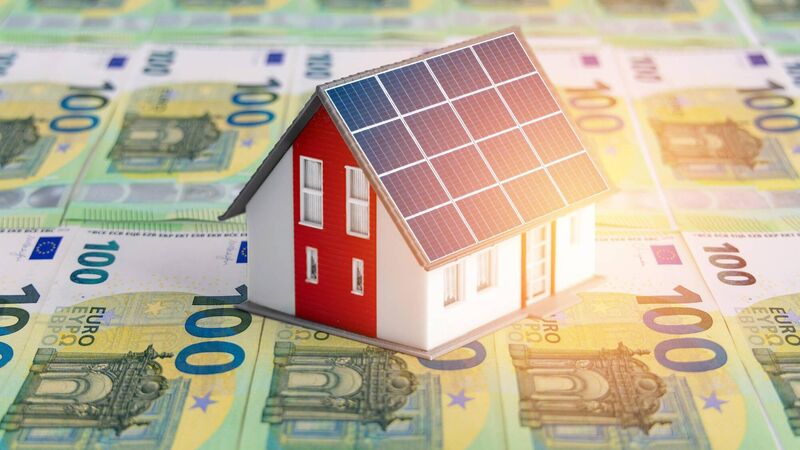Caitríona Redmond: No more energy credits – are you ready for higher bills?

The Commission for the Regulation of Utilities (CRU) issued figures in early February which showed that 10% of domestic electricity users were in arrears, with a slightly smaller percentage of domestic gas users also in arrears.
The Taoiseach has said that it’s highly unlikely the next budget will include energy credits or cost-of-living payments.
For some, this will come as no surprise, as the Government has repeatedly stated that the extra payments were designed to cushion society from the cost-of-living crisis, and they weren’t applied to longer-term payments like social welfare.








